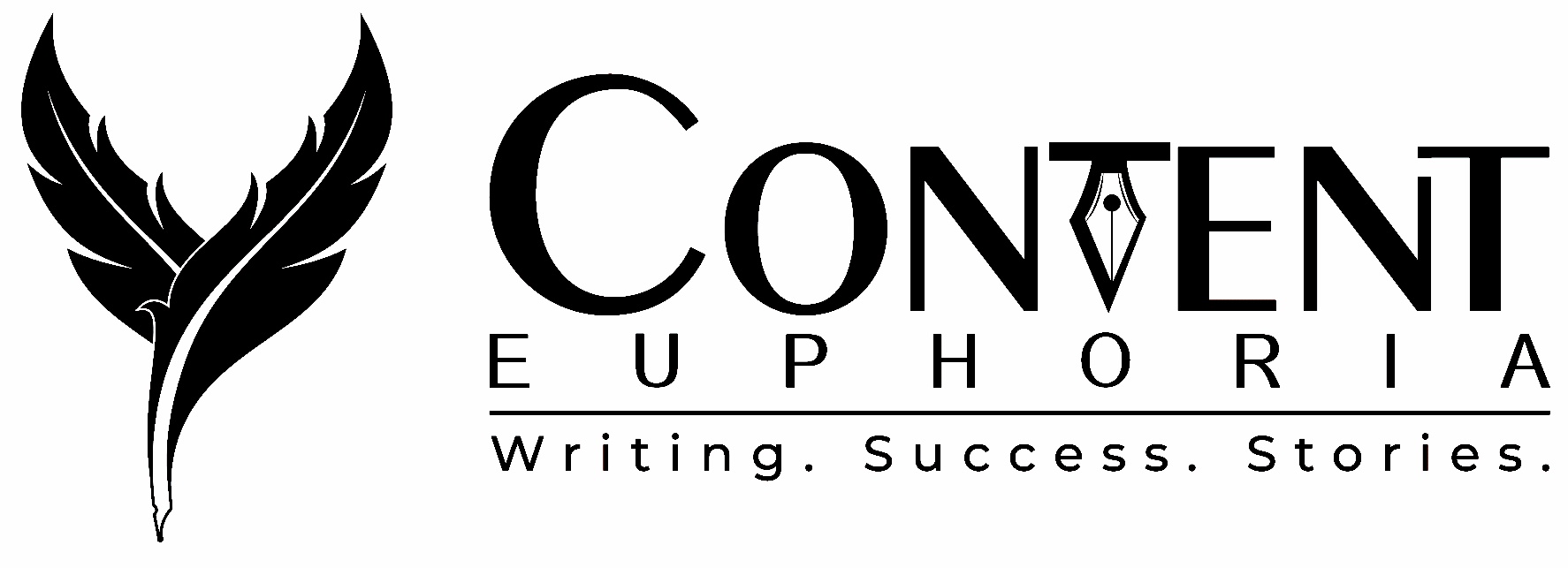Startup UX Design Won’t Save You!
Let’s say it simply.
Everyone is chasing UX. Founders are told it’s the golden ticket. Make it smoother, faster, more intuitive. Hire the right designer. Map the perfect journey. Make it feel good.
But here’s the real question:
What are you building… and why?
Because no matter how polished your app looks, if the purpose behind it is foggy or borrowed from someone else, no amount of clean design will keep it alive.
Everyone’s Talking About UX. No One’s Asking the Right Questions.
Look around. Startups are sprinting to polish every screen before they have paused long enough to think. They want to feel modern, user-first, seamless.
But let’s be honest, if you haven’t faced the deeper questions, you’re just decorating the surface.
What’s the real need behind this product?
Is it serving something meaningful?
Or is it just joining the crowd?
You can get the UX right and still fail. Because design doesn’t save you if the direction is broken.
Yes, AI Can Help. But Don’t Let It Lead.
We’re in the age of AI-driven everything.
It can build your layouts, write your microcopy, even run tests while you sleep.
But here’s the thing, AI can’t think for you.
It doesn’t know what’s ethical, what’s essential, what’s noise. It just optimizes what you feed it.
So if your product vision is unclear, AI will make it run faster toward the wrong outcome.
Efficiency without intelligence is just unconscious scaling. It looks good from the outside. But underneath, it’s hollow.
Real Clarity Comes Before Design.
You don’t start with Figma. You start with truth.
What are you really trying to solve?
What does your product believe in?
What systems is it reinforcing?
And does it actually deserve to exist?
This is where real startup product clarity comes in.
And let’s be honest, very few are willing to go there.
They would rather polish the interface than admit the foundation is shaky.
But users can tell.
We all can.
You can feel when an app is built on noise. You can feel when it’s rooted in something deeper.
Ethical Design Isn’t a Style. It’s a Stand.
Good UX doesn’t mean good intent.
Plenty of beautifully designed apps are addictive, manipulative, or designed to pull people into loops they didn’t ask for.
So when you talk about UX, ask yourself this, are you designing for attention… or for clarity?
Are you serving your users… or shaping them?
Ethical product design means you care about what happens after the click.
It means you care about the human being, not just the metric.
And if you’ve never asked these questions, you’re not leading. You’re just following a trend with a nice font.
This is a Leadership Gap, Not a Design Gap.
Most failed startups don’t lack a design team.
They lack leadership that sees clearly.
The product doesn’t fail because the interface didn’t work.
It fails because the vision wasn’t honest.
Or the mission wasn’t rooted.
Or the founder was building what the market wanted, not what they truly believed in.
Startup UX Design Leadership isn’t about screens.
It’s about knowing who you are, what you stand for, and building from that space, not from panic, not from pressure, not from comparison.
Because when you don’t lead from clarity, design becomes decoration.
And even the best user experience won’t save you.
A Note from Content Euphoria
This article was written in response to the 2025 Startup UX Design Survey published by GoodFirms. We are honored to be listed as a research contributor, and while we’re not echoing the data here, we are offering something just as important, perspective.
Because design deserves depth.
And startups deserve more than just advice.
They deserve honesty.
For Those Who Want to Go Deeper
If you care about real clarity in leadership, product thinking, or system design, not the buzzwords but the real thing, take a moment and visit SunDeep Mehra.
He’s not offering tips. He’s offering something better, the kind of perspective that shifts the way you lead and the way you build.
The future will not remember you for how well you used AI in your UX.
It will remember you for the clarity, care, and responsibility you carried, no matter what the numbers suggested.


